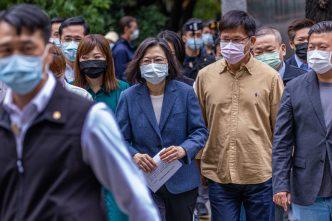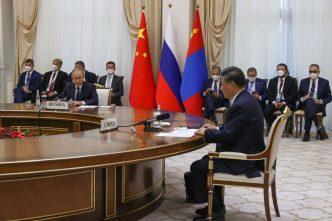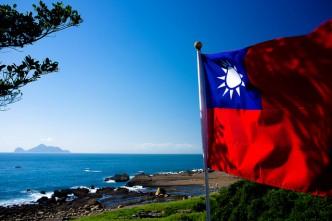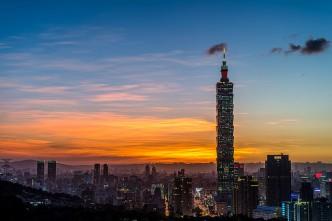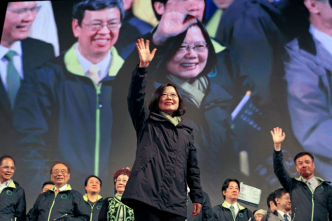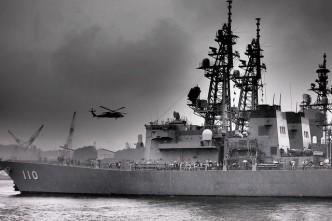Since 2000, Taiwan has been a top target of misinformation campaigns largely propagated by the Chinese Communist Party and its proxies. China’s primary objective in spreading disinformation is to undermine trust in Taiwan’s democracy and governance. Beijing …
Moscow’s deepening reliance on Beijing is of long-term concern to Australia and its Indo-Pacific partners. In a sideline meeting at last week’s Shanghai Cooperation Organisation summit, Russian President Vladimir Putin seemed to cower in front …
Taiwan’s new government already faces two major foreign policy challenges. The first is China’s disappointment over President Tsai Ing-wen’s inauguration speech last week. The second—which has hardly been mentioned in the strategic debate—is Taipei’s position …
Today, ASPI released our report on Time to start worrying again? Cross-strait stability after the 2016 Taiwanese elections (PDF). It argues that the Australian government would be well-advised to pay greater attention to the emerging cross-Strait …
As widely expected, the Taiwanese presidential and legislative elections on 16 January produced a landslide victory for the pro-independence, opposition Democratic Progressive Party (DDP) under the leadership of Tsai Ing-Wen. The first female president in …
Claims that a destabilising ‘arms race’ is underway in the Asia–Pacific have become commonplace and are supported by reports that regional defence spending has surpassed Europe for the third consecutive year. As my ASPI report released …
John Blaxland recently argued on The Strategist that China is largely responsible for tensions in the Asia–Pacific. Indeed, its new ‘10-dash line’ is likely to increase the fears of its neighbours about Beijing’s expansive territorial …
